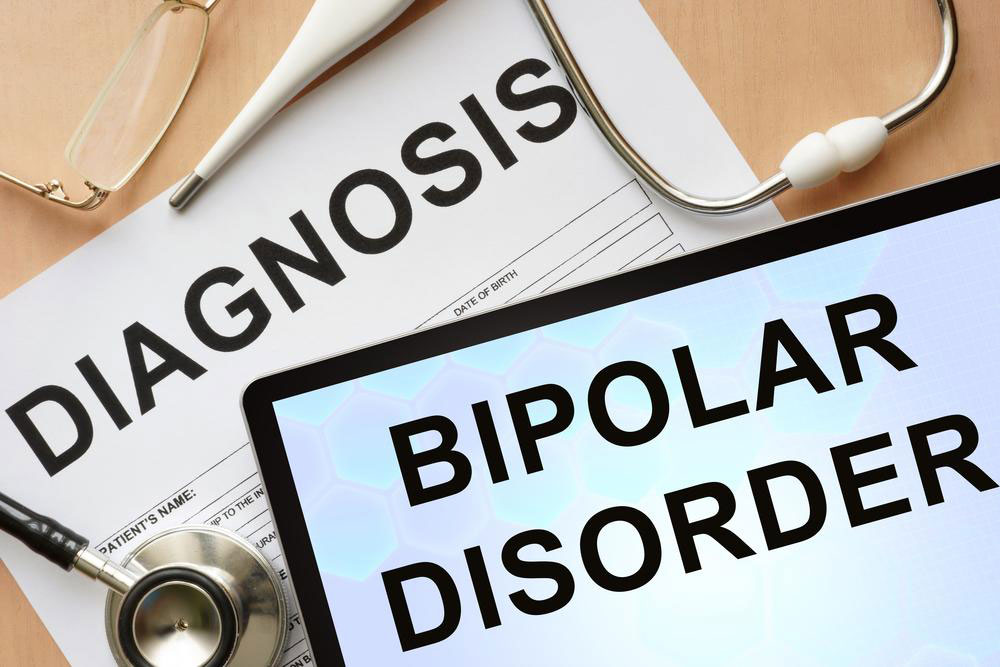Comprehensive Overview of Bipolar Disorder: Key Facts to Know
Explore essential facts about bipolar disorder, including symptoms, diagnosis, and treatment options. Learn how this complex mental health condition impacts mood, behavior, and daily functioning, and discover the importance of personalized care and ongoing management for improved quality of life.

Comprehensive Overview of Bipolar Disorder: Key Facts to Know
Psychological health issues come in various forms and can pose significant challenges for individuals and healthcare professionals alike. Among the most intricate mental health conditions is bipolar disorder, which affects brain chemistry. Those affected experience dramatic mood shifts, behavioral changes, and thought patterns, disrupting daily routines. While mood fluctuations are normal, bipolar disorder involves extreme swings that can disrupt personal and professional life.
This condition is classified as a mood disorder with episodes of elevated energy, euphoria, irritability, or deep depression. The intensity and frequency of these episodes vary from person to person.
Typical Symptoms
Since symptoms differ among individuals, diagnosis can be intricate. Common indicators include:
Overconfidence and engagement in risky activities
Poor decision-making
Decline in academic or job performance
Uncontrolled speech
Depressive phases may present as:
Persistent sadness or hopelessness
Sleep issues
Feelings of guilt or worthlessness
Changes in appetite, leading to weight fluctuations
Irritability
Participation in unsafe behaviors like substance use or unprotected sex
Diagnosis Criteria
Bipolar disorder encompasses different types, mainly distinguished by the pattern and severity of mood episodes. Bipolar I features at least one manic episode during life. Severe or frequent episodes necessitate urgent medical assessment. It's also essential to evaluate other factors like anxiety, thyroid issues, diabetes, obesity, or substance misuse.
Management Strategies
Care plans are tailored based on symptom severity and progression. Hospital stays might be needed if there's a risk of self-harm or harm to others. Typical treatments include mood-stabilizers, psychotherapy, and lifestyle adjustments. Long-term commitment to treatment is vital for recovery. Improving understanding and proactive management greatly enhance patient outcomes.


